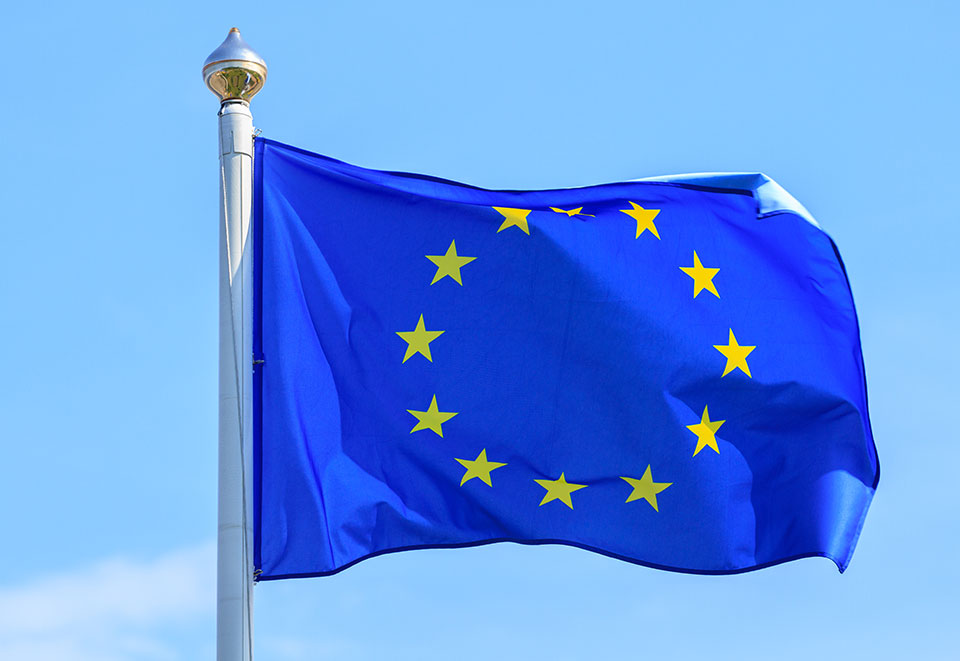Europeans want to extend the life cycle of digital devices

European consumers demand for a longer life cycle for their digital devices. About 8 out of 10 citizens in the European Union (79%) believe that manufacturers should facilitate the repairment of the digital devices or take care of the replacement of individual spare parts.
About 79% of EU citizens believe that manufacturers of digital devices should facilitate their repairment. The view of European consumers on extending the life of digital devices, which will lead to a model of sustainable consumption, also support the members of the European Parliament. More specifically, the members of the European Parliament asked for measures to be taken on the so-called “right to repair”.
In particular, Parliament advocated measures to promote the repair and reuse of products, as well as provide support for local repairers and companies selling second-hand goods. “We need to put an end to the early devaluation of products by including them in the blacklist of unfair commercial practices and making the duration of legal guarantees commensurate with their estimated lifespan,” said David Kormant (Verts / ALE, France), who struggles for a more sustainable single market.
The main point of the report is the call for the establishment of a real “right to repair”. The rationale is to make repairs simple and affordable.
The members of the European Parliament call for better access to information on repairments, promotion of home repairments, support for local and independent repairers, and a guarantee that the cost of repairments will be covered.
The report says that the current system of devaluation, lack of access to spare parts, guarantee and repairment information is forcing people to buy new goods instead of repairing existing ones. About 59% of consumers are unaware that the legal minimum guarantee period in the EU are the two years.
Also, the members of the European Parliament call public institutions which account for 16% of the EU’s gross domestic product , to set an example by prioritising small, local and sustainable companies in public tenders.
Furthermore, the members of the European Parliament want more responsible advertising, including rules covering the extraction of personal data for personalised advertisements and greenwashing, which is when companies give the impression that a product is more environmentally friendly than it really is.
According to a Eurobarometer survey, 77% of Europeans try to repair the products they already have before buying new ones. Meanwhile, a Commission study (2018) states that consumers are three times more likely to buy a product if it has been described as durable and repairable.
The members of the European Parliament are calling for legislation on mandatory product labeling, which indicates their durability and repairability. They also suggest the use of digital technology to promote a sustainable market. They propose the creation of a common database and a “passport” of products.
The aim of the two tools is to enable better monitoring of products and their spare parts along the value chain, the exchange of information between producers and consumers, but also the most effective market surveillance.
When talking about a product’s life cycle entrepreneurs can increase growth in the whole process by implementing specific marketing strategies in attracting and retaining consumers. It is crucial for a company to find ways of promoting the products to keep them growing. Also, entrepreneurs must pay attention to the market and the changes and innovations that emerge. Of course, new technologies lead the way so companies must always be ready for updates, observe what consumers prefer and try to strengthen certain channels.
Regarding digital product lifecycle, businessmen have to face saturation. But for sure, they can prevent it by paying attention and being cautious. Therefore, monitoring their product’s lifecycle will make it easier to identify when they should focus on updating and what should be done in each case.
Bring the best of the CEOWORLD magazine's global journalism to audiences in the United States and around the world. - Add CEOWORLD magazine to your Google News feed.
Follow CEOWORLD magazine headlines on: Google News, LinkedIn, Twitter, and Facebook.
Copyright 2025 The CEOWORLD magazine. All rights reserved. This material (and any extract from it) must not be copied, redistributed or placed on any website, without CEOWORLD magazine' prior written consent. For media queries, please contact: info@ceoworld.biz








